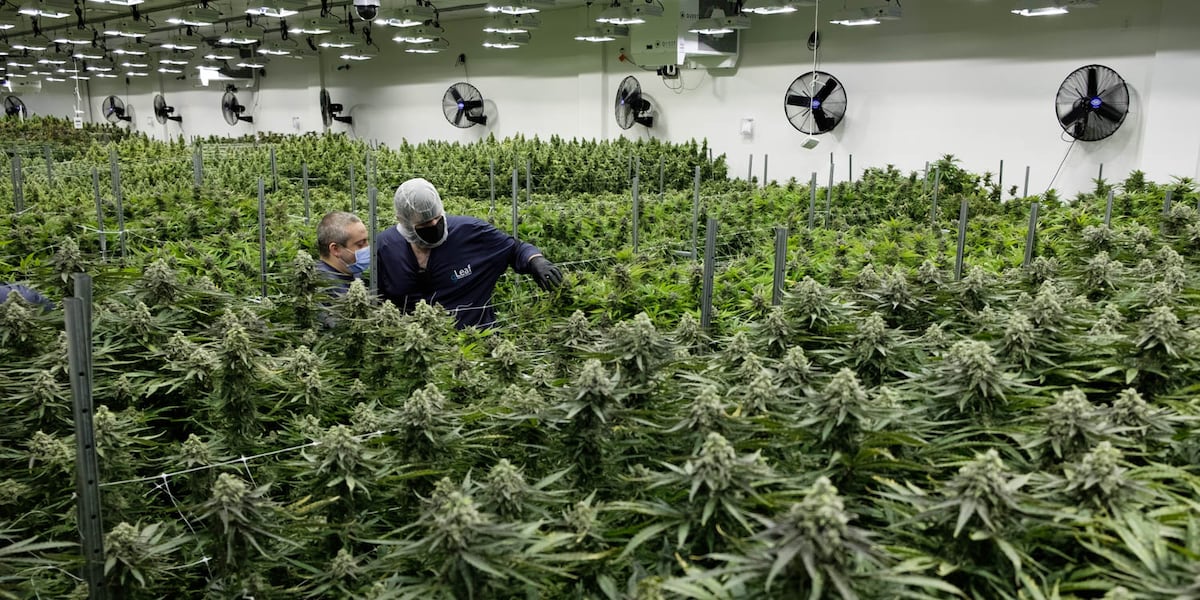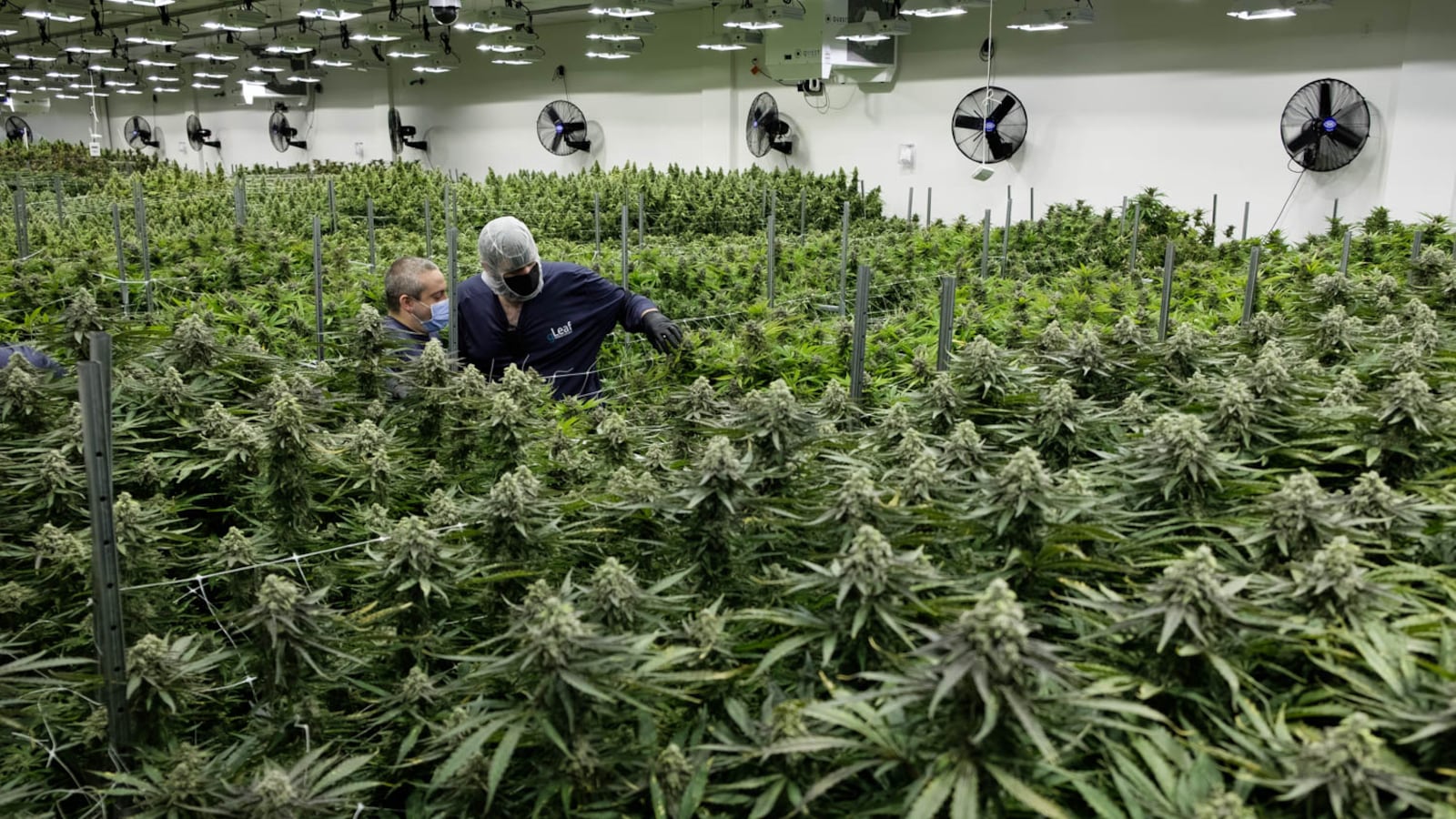Virginia’s cannabis landscape remains in limbo after Governor Glenn Youngkin vetoed House Bill 2485, effectively blocking the establishment of a regulated adult-use cannabis retail market in the Commonwealth. This marks the second time Youngkin has rejected bipartisan legislation aimed at creating a framework for legal cannabis sales, despite marijuana being legal for personal use in Virginia since 2021. The bill, sponsored by Delegate Paul Krizek (D-Fairfax), would have created a system for licensing, regulation, and taxation of cannabis products.
In his veto action, Youngkin continued his pattern of opposition to cannabis commercialization efforts despite growing support across party lines. The vetoed legislation would have established a timeline for issuing licenses for cultivation, processing, distribution, and retail sales, with the Virginia Cannabis Control Authority overseeing the industry. Had it passed, licenses could have been issued as early as September 2025, with retail sales beginning around May 2026. The governor’s decision leaves Virginia in an unusual position as a state where cannabis possession is legal, but consumers have no regulated means to purchase it.

- Governor Youngkin’s vetoes delineate a significant roadblock for cannabis reform in Virginia. Source: @12OnYourSide – 12onyourside.com
Governor Youngkin’s Veto Decision
Governor Youngkin’s veto of House Bill 2485 represents a significant setback for cannabis reform in Virginia. The legislation, which had garnered bipartisan support in the General Assembly, would have created the regulatory framework necessary to transition Virginia from simple legalization to a functioning retail market. The bill outlined specific procedures for licensing cannabis businesses, established quality and safety standards, and created oversight mechanisms through the Virginia Cannabis Control Authority. Youngkin’s rejection of this framework maintains his consistent opposition to commercializing cannabis in the Commonwealth.
Along with HB 2485, Youngkin also vetoed companion legislation that would have protected legal cannabis users from discrimination in child custody cases and modified sentences for individuals convicted of marijuana-related offenses. These decisions reflect the governor’s broader reluctance to embrace cannabis reform despite Virginia’s historic 2021 move to become the first Southern state to legalize personal possession and home cultivation. While specific reasons for his veto were not detailed in the available information, Youngkin’s action aligns with his previous statements expressing concerns about commercialization and what he perceives as potential negative impacts of retail cannabis.

- Inside gLeaf Medical, a glimpse into Virginia’s cannabis industry amidst regulatory limbo. Source: @12OnYourSide – 12onyourside.com
Impact and Reactions
The immediate consequence of Youngkin’s veto is the continued existence of an unregulated cannabis market in Virginia. Without legal retail options, consumers seeking cannabis products must either grow their own or turn to underground sellers operating outside any regulatory oversight. This gray market lacks quality control standards, age verification requirements, or product testing that would be mandated in a regulated system. Perhaps most significantly, the state continues to forfeit an estimated $300 million in annual tax revenue that could fund substance abuse treatment, law enforcement, and other public services.
Delegate Paul Krizek expressed profound disappointment with the governor’s decision, highlighting both the economic and public safety implications. “It’s wrong to allow the criminals to keep making money in this illicit market while pushing dangerous products,” Krizek stated, pointing to the irony that the governor’s veto actually maintains a status quo that potentially creates more safety concerns than a regulated market would. The delegate further emphasized that “Virginians deserve a regulated and tested market that addresses the issues that the governor is concerned with,” and predicted that cannabis regulation will become “a key issue in the upcoming gubernatorial campaign.” This political dimension suggests that while cannabis reform is stalled for now, it remains a significant policy conversation that will likely impact future elections in the Commonwealth.

